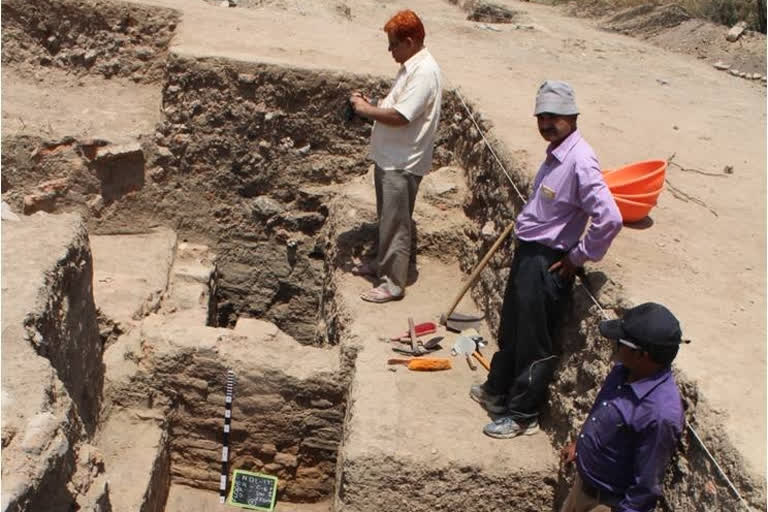Peshawar: Archaeologists from the University of Peshawar (UoP) said that they have discovered remains of metal workshops from the Indo-Greek period dating back to the 2nd century BC.
The discovery has been made from a site in the Hayatabad neighbourhood of Peshawar, located close to the border of the Khyber district, said professor Gul Rahim on Thursday, adding that excavation work at the site had been going on for the past three years, a media agency reported.
He said that they have recovered coins dating back to the Indo-Greek period and estimated to be about 2,200 years old. The professor said that the Indo-Greeks had migrated from Afghanistan to present day Peshawar, and ruled the region for about 150 years.
"The relics recovered show that the site was some sort of a metal workshop as we have found iron melting pots, molds, trowels, knives and drills, which were used at the workshop," Rahim said. The workshop also likely produced arrows, bows, daggers, and swords, he added.
"This marks the first discovery of an organised Indo-Greek workshop in the province so far." Jan Gul, an MPhil scholar at the UoP, said that it was the first time that students were able to see Indo-Greek remains, as previously only Buddhist and Mughal relics had been studied.



